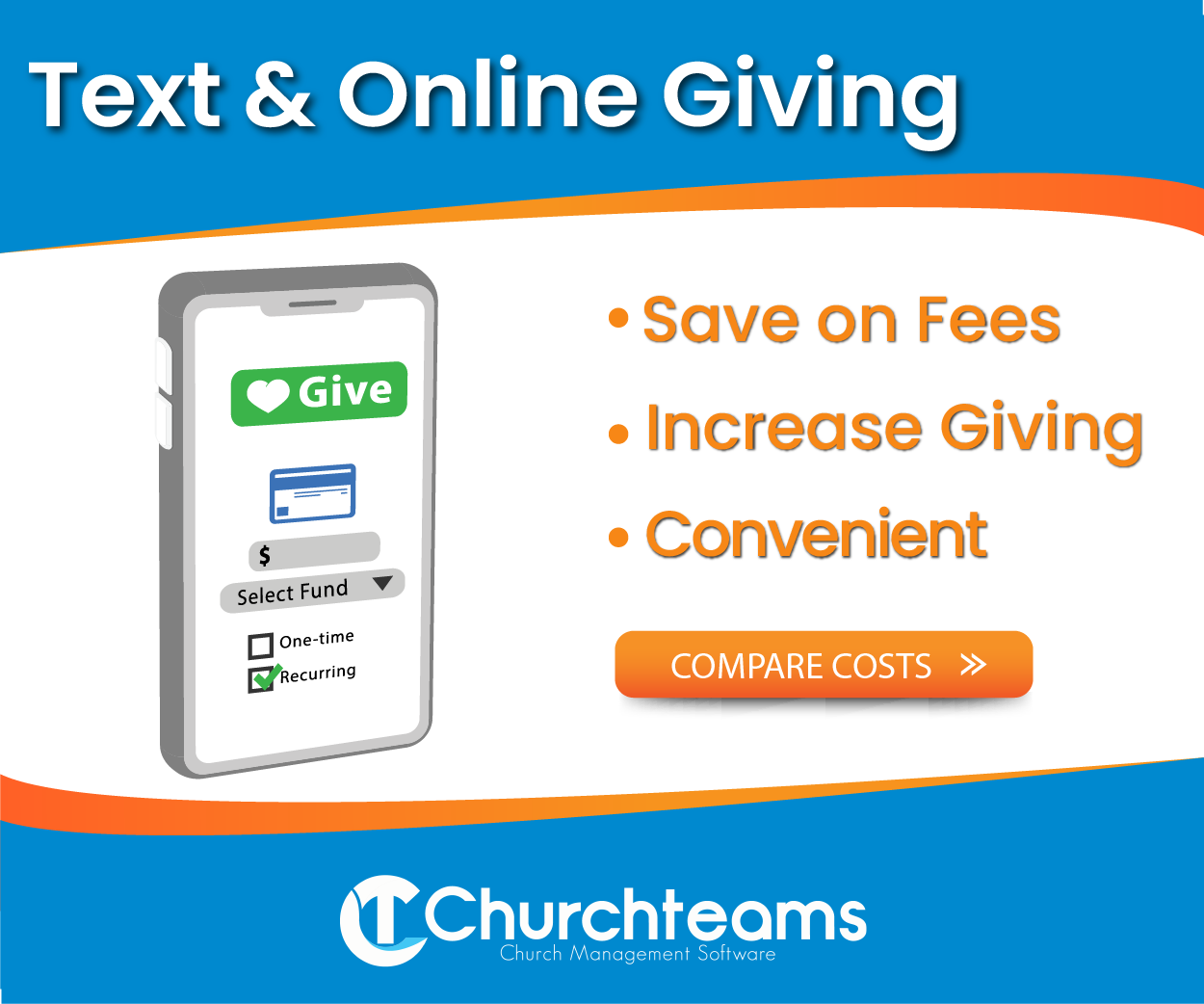 When Mark and I started, the motivation was to build software to help churches make disciples and build teams. For us, people are intrinsically the focus of this. Resources like space and money, though important, have not been the problems that we've built software to solve. There are other software products focused on just these issues. I was explaining to our marketing partner a couple of months ago that our focus is on everything related to "People Data." In my webinars I often talk about the 5 Software sets that from my perspective every church needs, and Churchteams is just one of them. The one place where all your people data can live. Here they are:
When Mark and I started, the motivation was to build software to help churches make disciples and build teams. For us, people are intrinsically the focus of this. Resources like space and money, though important, have not been the problems that we've built software to solve. There are other software products focused on just these issues. I was explaining to our marketing partner a couple of months ago that our focus is on everything related to "People Data." In my webinars I often talk about the 5 Software sets that from my perspective every church needs, and Churchteams is just one of them. The one place where all your people data can live. Here they are:
- People - membership, assimilation, giving, groups, kids, volunteers, events, communication, reporting
- Accounting - bookkeeping, general ledger, payroll, budget
- Website - home page, images, story, announcements
- Office - email, calendar, docs, sheets
- Worship - planning, presentation
Church software pioneers. Some of the pioneers of church software built their products initially to solve the financial challenges of non-profits. That's why you see so many accounting items on Church Management comparison charts. As the development of software matured, especially cloud-based software, CRM (Customer Relationship Mangement) software took on a life completely separate from accounting software. In church software, many of us realized that how you track people and how you track money differ greatly.
Do what you do best. We wanted to help churches intentionally and intelligently move people along a path toward full devotion to Christ and full engagement on His team. We had learned from experience and training what this looked like, but I was frustrated as a pastor that though I had the vision and strategy to make disciples, we didn't have very good tools to execute on this vision in a way that gives continuous, accurate feedback on our progress. So we focused on this problem. This is what we do best.
Bookkeepers, auditors and volunteers. When I was a church administrator in Nebraska, Greg was our volunteer treasurer. He is also a CPA and mentored me in understanding the mechanics of church finances. (BTW, he has served Churchteams in the same capacity ever since.) We used a very common commercial business accounting software, Quickbooks, to handle our accounting. Here's why I liked it:
- Bookkeepers were easy to find because QB is so popular.
- Auditors knew QB and were able to efficiently audit our books.
- Leadership / finance teams were volunteers who used QB in their business. Presenting church financial data from QB was familiar to them.
Integration. Churches are required by law to give their contributors a receipt of their donations. This involves people data, so it has to be a function of a good CRM for church. We call this our contributions feature. Through it, everything related to giving is tracked. Because it is part of your people data, any question you have about giving trends like giving by age, geography, campus, and group or ministry involvement we handle for you. We send out statements and all communication related to anything financial. Each week, we provide a summary of donations by designation / fund. This is the income data that accounting software requires. Usually, it is just a few funds, but even if it is many funds, it takes just a few minutes to enter into accounting.
I've been watching churches struggle with the question about whether their church management system needs to include accounting software or not for a couple of decades now. The essentials for accounting software like balancing income and expenses, managing budgets, and tracking payroll are incredibly important and there are powerful, affordable products out there addressing these problems. Churches need to take advantage of these. But, the people side of church management has historically not been anywhere near as robust, powerful or clear. That's what we're changing!



